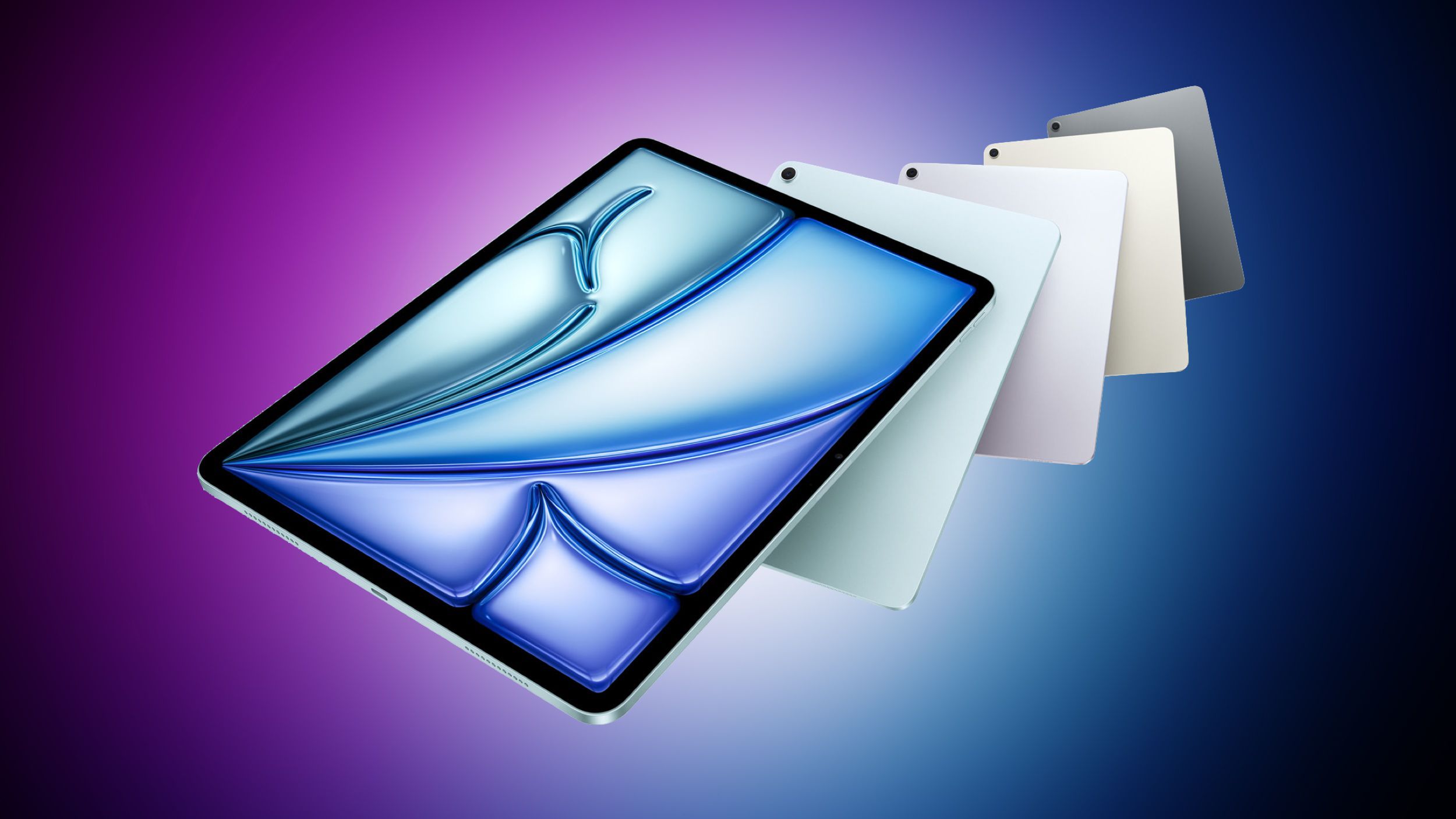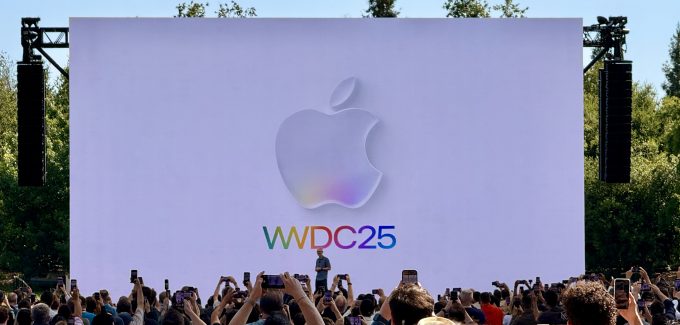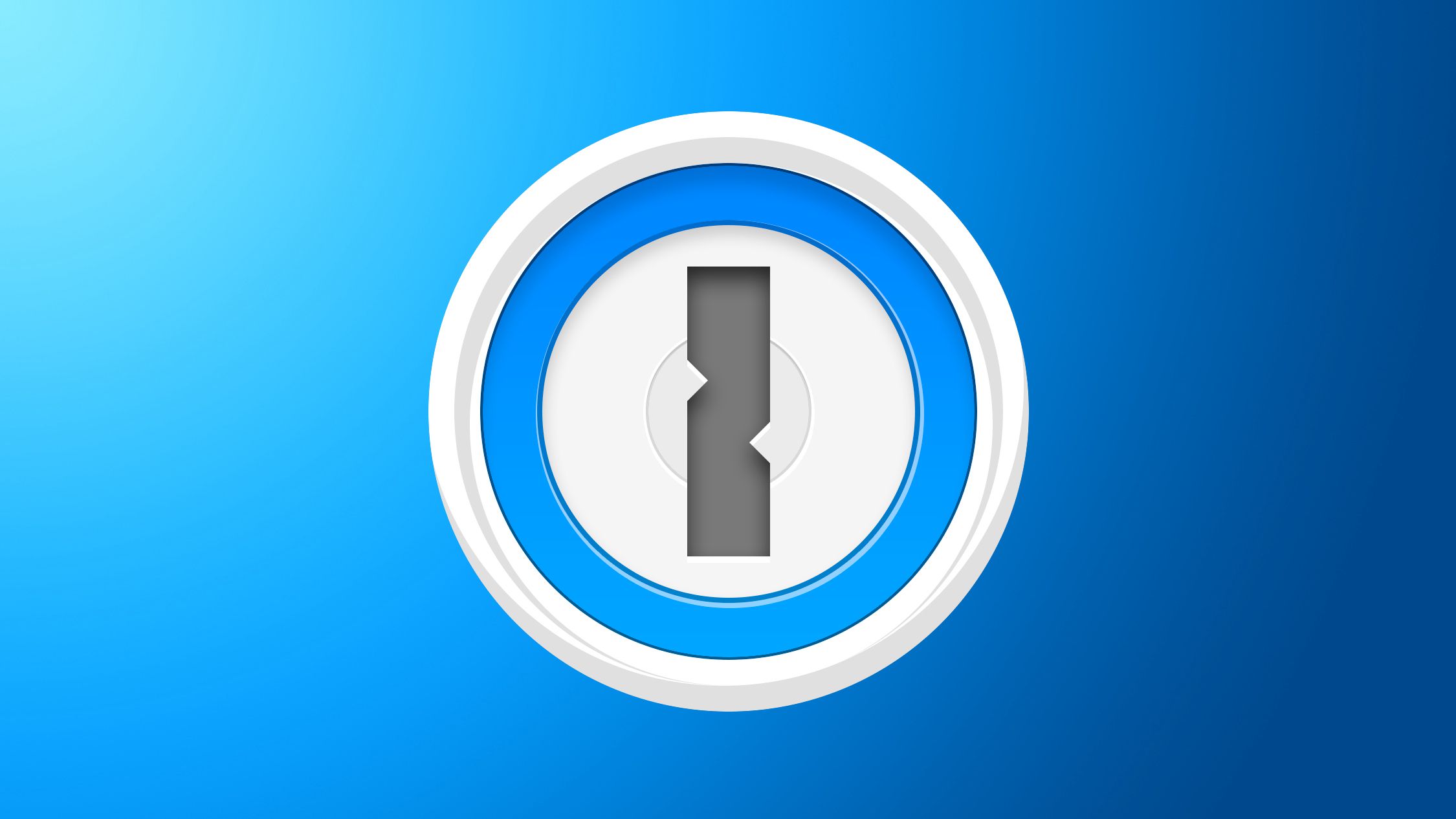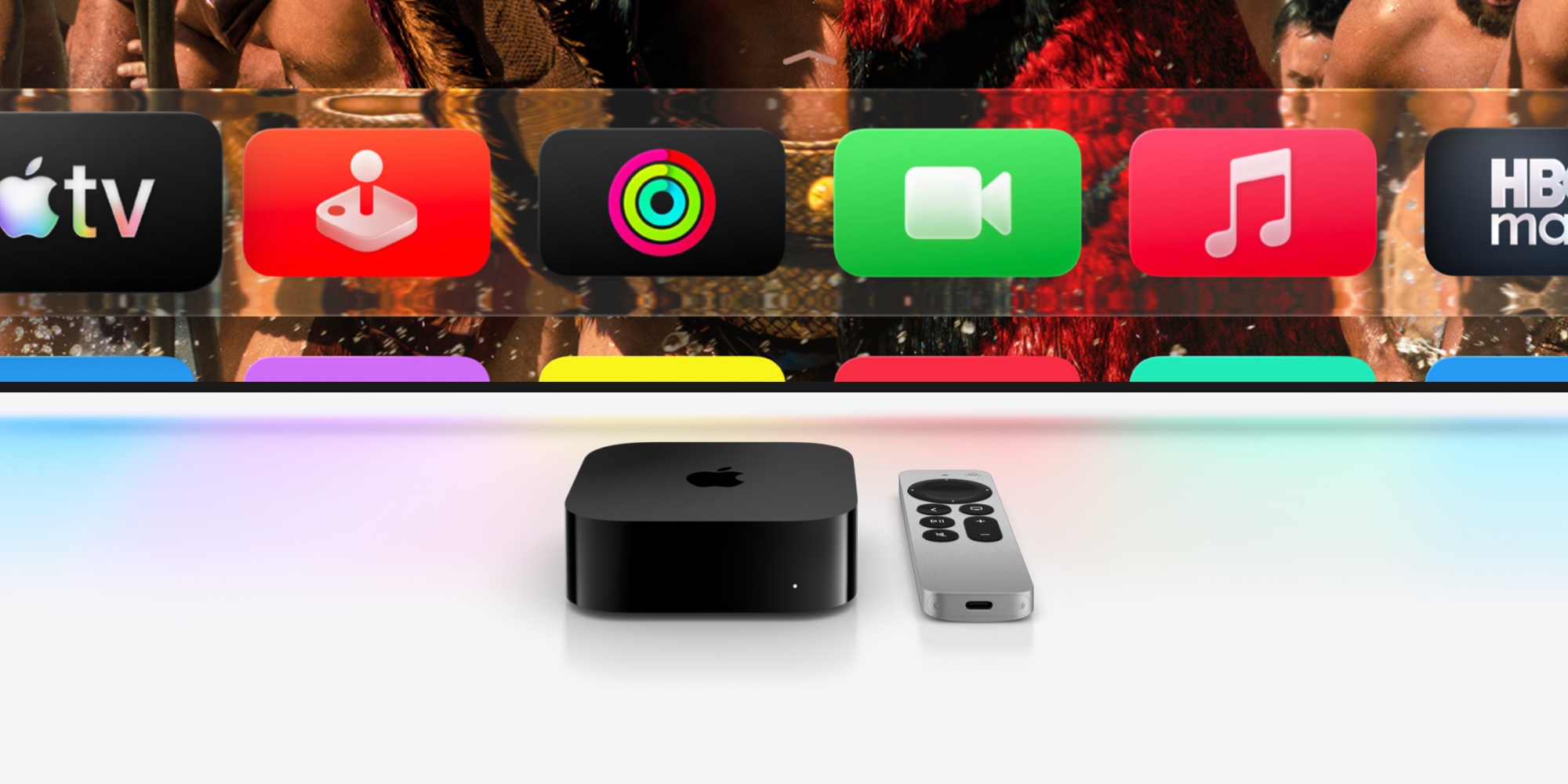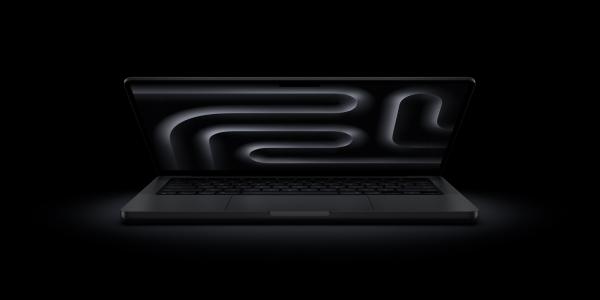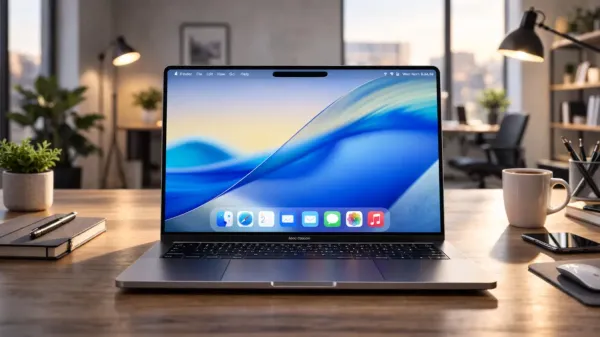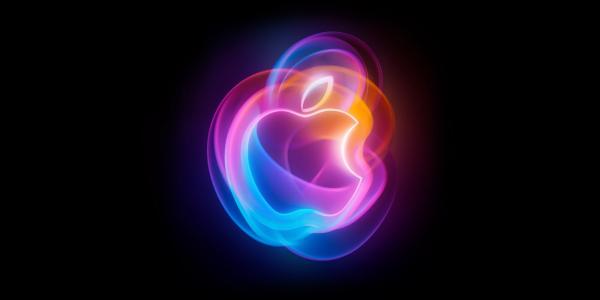In today's fast-paced world, consumer electronics have become integral to our daily lives. From smartphones and laptops to wearables and IoT devices, these technological marvels have transformed how we communicate, work, and entertain ourselves. Behind the scenes, one key component has played a crucial role in powering these devices efficiently and reliably-lithium battery technology.
Consumer electronics have undergone remarkable advancements in recent years, and the development of lithium battery technology has been a driving force behind this progress. Lithium batteries offer a range of benefits that have reshaped the landscape of consumer electronics, making devices more portable, efficient, and convenient. In this article, we will delve into the impact of lithium battery technology on consumer electronics and explore how it has revolutionized the industry.
Understanding Lithium Battery Technology
Lithium battery technology uses lithium ions to facilitate the flow of electrons between the battery's positive and negative electrodes. This technology offers several advantages over traditional battery chemistries, such as lead-acid or nickel-cadmium batteries. Lithium batteries are lightweight, have a high energy density, and can be recharged multiple times without losing significant capacity. You can shop it now.
Evolution of Lithium Batteries
Over the years, lithium battery technology has evolved to meet the increasing demands of consumer electronics. The development of lithium-ion batteries, which use a lithium cobalt oxide cathode, revolutionized the industry. Subsequent advancements, such as lithium iron phosphate and lithium polymer batteries, improved performance and safety.
Advantages of Lithium Batteries in Consumer Electronics
Longer Battery Life
Lithium batteries provide significantly longer battery life compared to other types of batteries. This extended battery life is crucial for consumer electronics, allowing users to enjoy uninterrupted usage and reducing the need for frequent recharging.
Lightweight and Compact Design
Lithium batteries' lightweight and compact design has transformed consumer electronics by enabling sleek and portable devices. Smartphones, laptops, and wearable devices have become thinner and lighter, making them more convenient to carry and use on the go.
Quick Charging Capability
Lithium batteries support fast charging, reducing the time required to recharge devices. This feature has become essential for consumers who rely heavily on their devices and need quick access to power.
High Energy Density
Lithium batteries offer a high energy density, allowing them to store much energy in a compact size. This is especially beneficial for portable devices with limited space but high power requirements.
Impact of Lithium Batteries on Smartphones
Improved Performance and Efficiency
Adopting lithium battery technology has significantly enhanced the performance and efficiency of smartphones. These batteries provide a stable power supply, enabling smartphones to handle demanding tasks like high-resolution video streaming and resource-intensive gaming.
Enhanced User Experience
With longer battery life and quick charging capabilities, lithium batteries have transformed the user experience of smartphones. Users can now rely on their devices for extended periods without worrying about running out of power, enhancing productivity and convenience.
Increased Portability and Convenience
Lithium batteries have made smartphones more portable and convenient. Users can carry their devices without the burden of heavy batteries, allowing for greater mobility and flexibility in daily activities.
Influence on Laptops and Tablets
Extended Usage Time
Lithium battery technology has extended the usage time of laptops and tablets. Users can now work, study, or entertain themselves for extended periods without constantly searching for a power source.
Enhanced Processing Power
Lithium batteries can deliver the necessary power to support high-performance processors and graphics cards in laptops and tablets. This enables smoother multitasking, faster rendering, and overall improved computing capabilities.
Improved Mobility
Lithium batteries' lightweight and compact nature have made laptops and tablets more portable. Whether working on the go or attending meetings, users can easily carry their devices, enabling productivity anytime, anywhere.
Revolutionizing Wearable Devices and IoT
Powering Wearable Technology
Lithium battery technology has revolutionized wearable devices like smartwatches and fitness trackers. These devices require a compact power source with long-lasting battery life, and lithium batteries fit the bill perfectly.
Enabling IoT Connectivity
The Internet of Things (IoT) has grown significantly, and lithium batteries have played a vital role in powering IoT devices. Lithium batteries provide energy for seamless connectivity and operation, from smart home appliances to connected healthcare devices.
Enhancing Functionality and Battery Life
Lithium batteries have enabled wearable devices and IoT gadgets to offer advanced features and functionalities. From heart rate monitoring to GPS tracking, these devices can now provide a wide range of capabilities without compromising battery life.
Eco-Friendly Aspect of Lithium Battery Technology
Reduction of E-Waste
Lithium battery technology contributes to the reduction of electronic waste. Lithium batteries minimize the need for frequent battery replacements by providing longer battery life and durability, thus reducing the environmental impact associated with discarded batteries.
Renewable Energy Integration
Lithium batteries also play a crucial role in integrating renewable energy sources. They store excess energy generated by solar panels or wind turbines, ensuring a stable power supply when the primary source is unavailable. It promotes a greener and more sustainable energy ecosystem.
Sustainable Manufacturing Practices
The manufacturing process of lithium batteries has seen improvements in terms of energy efficiency and waste reduction. Manufacturers are adopting sustainable practices to minimize the environmental footprint of battery production, such as recycling and using eco-friendly materials.
Challenges and Future Developments
Safety Concerns and Solutions
Although lithium battery technology has made significant advancements in terms of safety, concerns regarding thermal runaway and fire hazards still exist. Ongoing research and development aim to address these challenges by developing better battery management systems and advanced safety mechanisms.
Advancements in Battery Technology
The future of lithium battery technology holds promise for even better performance and capabilities. Researchers are exploring new materials, such as solid-state electrolytes, to improve energy density, safety, and charging speed.
Exploration of Alternative Materials
Scientists are also actively researching alternative materials to replace lithium in batteries. These efforts aim to reduce the reliance on limited lithium resources and potentially offer even more sustainable and efficient battery solutions.
Conclusion
Lithium battery technology has had a profound impact on consumer electronics. Lithium batteries have made devices more efficient, portable, and convenient, from smartphones to wearables and IoT devices. With longer battery life, quick charging capabilities, and high energy density, consumer electronics have become indispensable tools in our modern lives. As technology continues to evolve, the advancements in lithium battery technology will play a pivotal role in shaping the future of consumer electronics.

